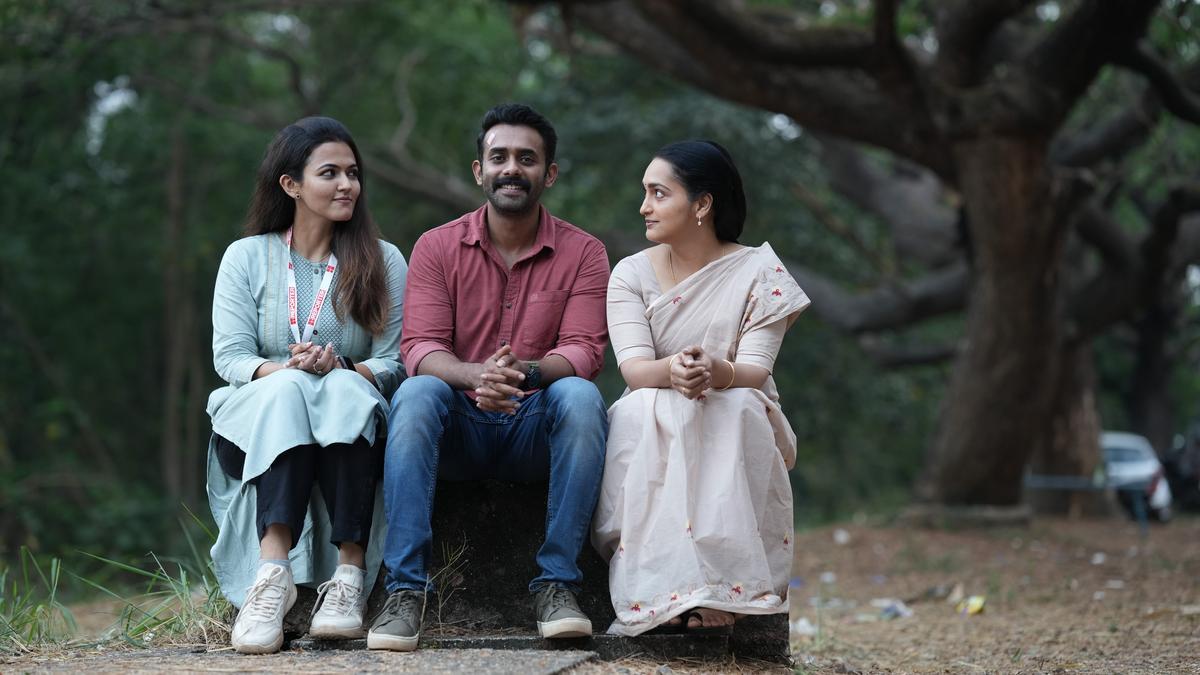
In a development that sent ripples through the world of football, French coach Didier Deschamps expressed his satisfaction with the positive turn in Paul Pogba’s doping saga, heralding a new chapter for the beleaguered midfielder. The French international, who has endured a tempestuous year marked by a doping scandal, learned last Friday that his four-year ban had been substantially reduced to just 18 months by the Court of Arbitration for Sport (CAS), igniting hope for his eventual return to the pitch.
“The light is back on,” Didier Deschamps stated in an affirming message on the official website of the French Football Federation (FFF). The coach’s statement encapsulates the renewed optimism surrounding Pogba’s career after receiving a favorable verdict from the CAS. The reduction in Pogba’s suspension not only paves the way for his comeback but also reinvigorates discussions about his potential reintegration into the national squad when his suspension concludes in March 2025.
The 31-year-old midfielder’s troubles began in August 2023 when, after a match between Juventus and Udinese, he tested positive for elevated testosterone levels. This revelation shook the football community as Pogba pointed to a food supplement, prescribed by a doctor in the United States, as the source of the positive test. Despite his assertions, Pogba was provisionally suspended in September, and the Italian National Anti-Doping Tribunal handed down a severe four-year ban the following February.
In light of the CAS ruling, Pogba’s prospects for the future have brightened considerably. “He will have stages to go through but it is excellent news. He will be able to play again from March,” Deschamps commented, emphasizing the arduous journey that lies ahead for Pogba. Throughout his career, Pogba has not just been a stalwart for the French team but has also garnered 91 caps and played a pivotal role in their World Cup triumph.
.
Beyond the doping charge, Pogba’s recent years have been fraught with personal and professional challenges. Deschamps highlighted the complexities of Pogba’s situation, which has included not only the doping suspension but also a string of injuries and a significant personal matter involving blackmail, with one of the perpetrators believed to be his own brother. “I spoke to him for quite a long time on the phone as this whole period has been very complicated for him,” Deschamps noted, underscoring the support extended to Pogba amid these turbulent times.
While the reduced suspension remains ‘heavy,’ in the words of Deschamps, the coach and Pogba’s supporters remain buoyed by the prospect of his return. “Pogba knows that in March 2025, he will become a player again, and as he loves football and playing so much, it is excellent news for him,” Deschamps said, projecting optimism for the player’s future in the sport he adores.
Paul Pogba’s case reflects the complex landscape of modern sports, where the use of supplements and the intricate nature of doping regulations often place athletes in precarious positions. While the reduction of Pogba’s suspension marks a judicial victory, it is also a call to greater scrutiny and education regarding supplement use among athletes.
As the football community anticipates Pogba’s return, the broader picture of athlete welfare and substance management continues to evolve. This case has not only been a test of Pogba’s resilience but also of the procedures and policies governing anti-doping efforts in professional sports.
In conclusion, Paul Pogba’s journey through this doping saga serves as a poignant reminder of the trials athletes face off the field and the capacity for comeback and redemption within the sports world. With his suspension now significantly reduced, Paul Pogba stands at the threshold of a potential return to excellence, ready to write the next chapter of his illustrious career when the clock strikes March 2025. His return will be watched keenly by fans and football analysts alike, eager to see the midfielder rekindle the magic on the field that made him a global icon.










